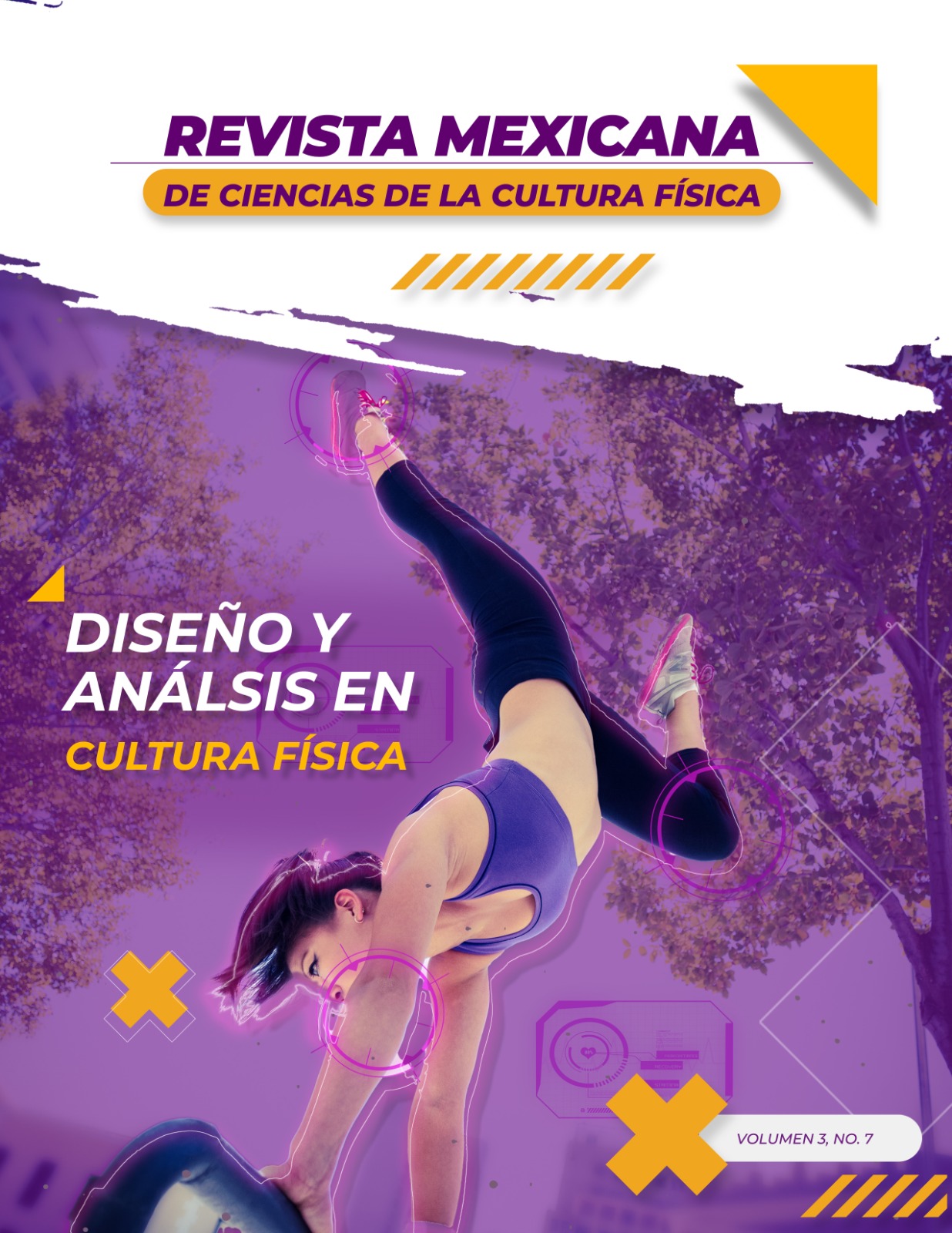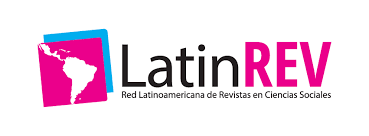Psychomotricity in the literacy writing process in preschool children
Abstract
Purpuse: The aim of the following investigation is to analyze the changes caused by the application of a psychomotor program in children from 5 to 6 years of age in the third year of preschool to acquire literacy. Method: The study is quantitative with a pre and post evaluation of the psychomotor program. Two evaluation instruments were applied, such as the Filho ABC Test and the Preschool Psychomotricity Evaluation Scale (EEPP). Results: The results of the psychomotic aspects in the evaluations before and after the intervention, showed a significant increase in the scores of locomotion, balance, hand coordination and body scheme with others (p>0.05). Regarding the Fhilo ABC test, at the end of the study a classification of “Excellent situation, very prepared to start reading” is presented. Regarding EEPP performance levels, there is a change in students from level 1 to level 2 and 3 of this assessment scale. Conclusion: Therefore, it is concluded that the application of a psychomotor program in third-year preschool children is necessary to ensure that children have the firm foundations they need to acquire reading and writing and, to identify possible difficulties and thus achieving support for the child who requires a specific intervention.
Copyright (c) 2024 Javier Bernabé González Busto, Natanael Cervantes Hernández, Susana Dominguez Esparza, Estefania Quintana Mendias, Ricardo Gumaro Molina Jacquez

This work is licensed under a Creative Commons Attribution-NonCommercial 4.0 International License.









